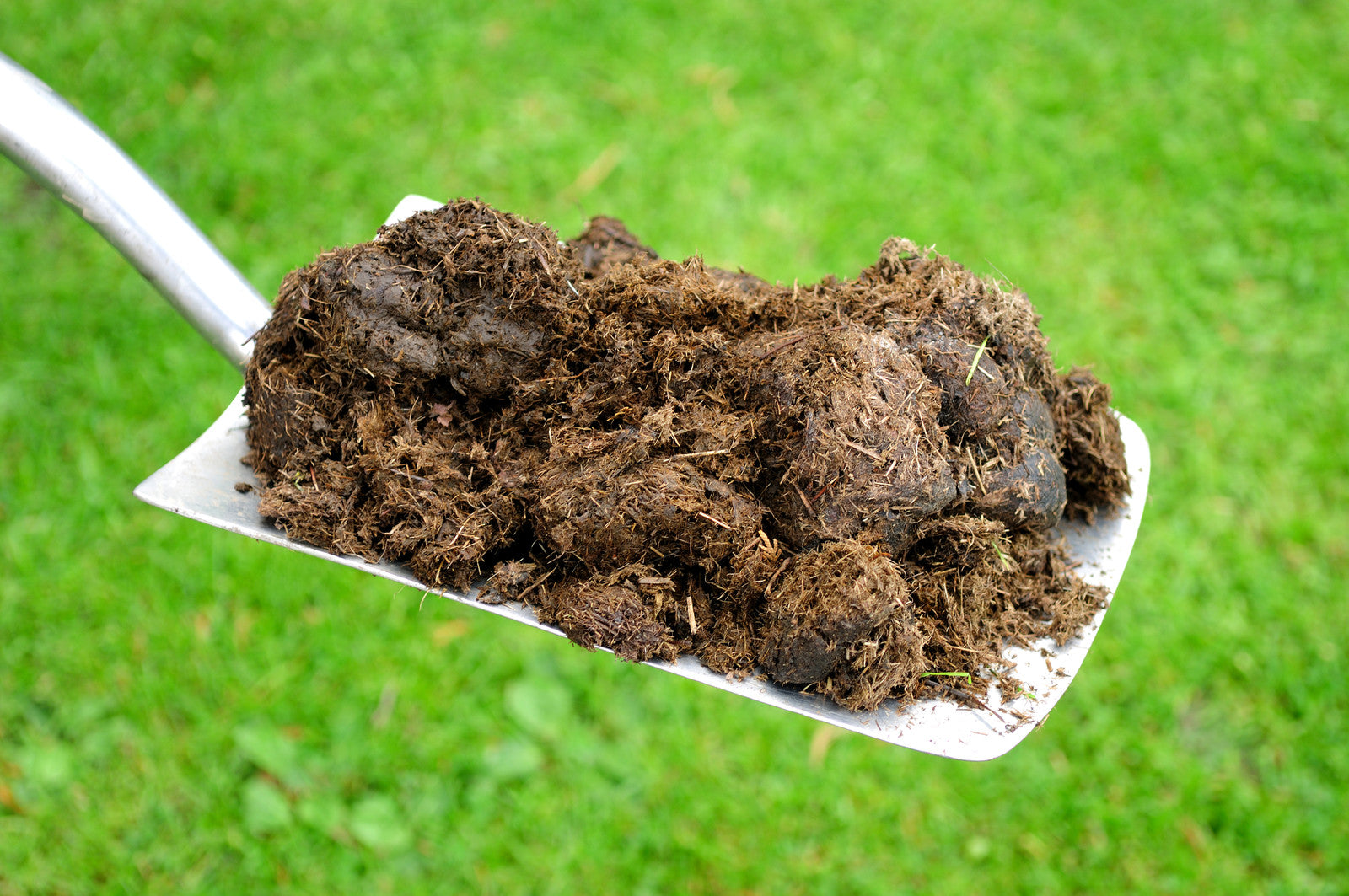You head out to check on your week-old foal. All looks well until he turns and you notice a smeared green mess on his or her rump. This is a common occurrence in the majority of foals at some point before the age of 8 weeks, but can really happen at any age. Most of the time (before 2 months of age) it’s a passing issue that poses no threat of spreading to other horses, clearing up almost as quickly as it came on. Other times it can be an indication of a more serious or even life-threatening condition or contagious disease. It is helpful to be able to recognize the signs and symptoms of the different types of foal diarrhea.
What is “Foal Heat Diarrhea”?You’ve probably heard this term before. “Foal heat diarrhea” refers to a bout of diarrhea around the first couple of weeks after a foal is born. It is the most common form of non-infectious foal diarrhea. It’s unclear exactly what causes foal heat diarrhea, but it’s speculated that it occurs in response to the foal’s digestive system beginning to establish its own functional “set” of gut flora and fauna. The name “foal heat diarrhea” can a bit confusing. Many people mistakenly believe that it happens response to the hormones produced during the mare’s first estrus cycle and changes in milk after birth. In reality, the term is used to indicate non-infectious diarrhea that coincides with the mare’s first estrus cycle after foaling. Once the foal starts eating solid food, including some of the mare’s manure (this is a normal behavior for young foals and is referred to as coprophagy), new and beneficial microorganisms are introduced into the digestive system. This shift and maturation of the digestive system are believed to be what contributes to this type of diarrhea. It’s important to note that a foal experiencing foal heat diarrhea will still be energetic and alert. Their appetites will not wane and they don’t display any signs of fever or lethargy. What Else Can Cause Non-Infectious Foal Diarrhea?Foal heat diarrhea isn’t the only culprit in the case of non-infectious diarrhea. Numerous other causes can create the perfect situation for foal diarrhea to occur. These other causes can include:
While non-infectious foal diarrhea typically isn’t fatal, it’s always important to make sure you know what type you’re dealing with. Consulting with a veterinarian is the wisest course of action to ensure that the health of your foal and herd as a whole is maintained. Click here to read Part 2. Related Posts Foal Diarrhea 101: Causes of Infectious Foal Diarrhea |





